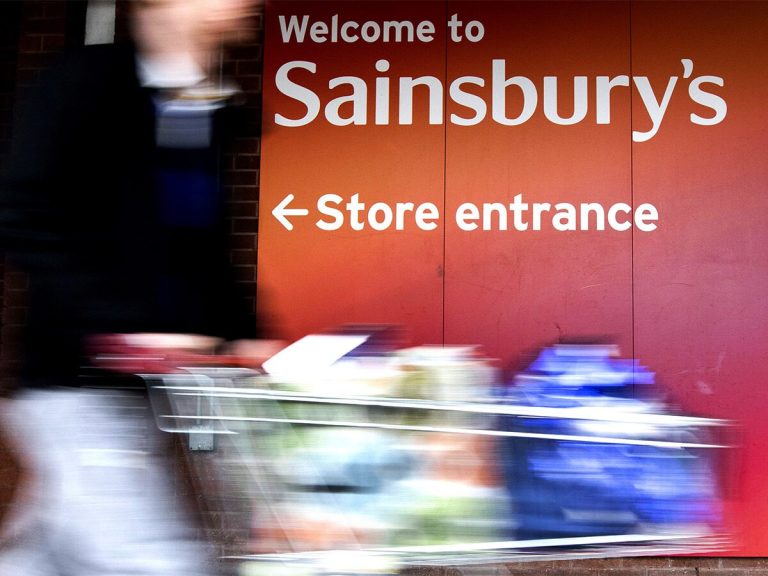The Sainsbury’s share price has seen a bit of a pull back of late, having hit 15-month highs back in May, the shares slipped to 3-month lows last month, although we have rallied since then.
Recent full year results saw the UK’s second biggest supermarket post underlying full year profit before tax of £690m right at the top end of its guidance, down 5% from the previous year on revenues that were 5.3% higher at £31.49bn.
The focus on profits has drawn criticism that supermarkets are profiteering at the expense of consumers. At first glance this might seem valid, particularly with respect to recent headlines around fuel prices.
However, in such a highly competitive market, which UK food retail is, and with the likes of Aldi and Lidl growing their own market share rapidly according to recent Kantar data, such an approach would be self-defeating.
Looking at the underlying numbers there is little evidence of what is now being described as, greedflation, although to get the best deals you need to shop with your Nectar card, and with your Clubcard if you’re in Tesco.
In last year’s results profits after tax fell by 69% to £207m, while the cost of sales rose by 7% to £29.4bn, up from £27.5bn a year ago.
Today’s Q1 results have seen the Sainsbury share price slip back despite reporting a similarly solid set of Q1 results. Like for like sales excluding fuel rose 9.8%, with grocery sales seeing an increase of 11%.
The one area of decline was in clothing sales which fell 3.7% with the supermarket reiterating its full year outlook of underlying profit of between £640m and £700m. Fuel sales also fell 21.4%, however the comparatives from the same quarter last year have likely played a part here. On an encouraging note, Sainsburys also said that food inflation is starting to fall, and that any savings would be passed on to customers.
The lack of a change to guidance comes across as somewhat cautious which may help explain today’s share price weakness, however such caution is probably sensible given some of the criticism coming the sectors way with respect to accusations of greedflation, which is a helpful tool for politicians to distract from their own shortcomings.
That is not to exonerate the supermarkets where evidence exists of such practices, however one needs to remember that without corporate profits governments will struggle to raise the tax revenue for public services, and in both the case of Sainsbury and Tesco, we’ve seen their profits more than halve over the last 12 months.
Disclaimer: CMC Markets is an execution-only service provider. The material (whether or not it states any opinions) is for general information purposes only, and does not take into account your personal circumstances or objectives. Nothing in this material is (or should be considered to be) financial, investment or other advice on which reliance should be placed. No opinion given in the material constitutes a recommendation by CMC Markets or the author that any particular investment, security, transaction or investment strategy is suitable for any specific person. The material has not been prepared in accordance with legal requirements designed to promote the independence of investment research. Although we are not specifically prevented from dealing before providing this material, we do not seek to take advantage of the material prior to its dissemination.

